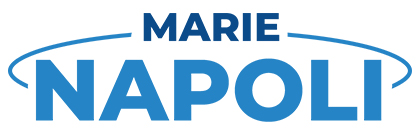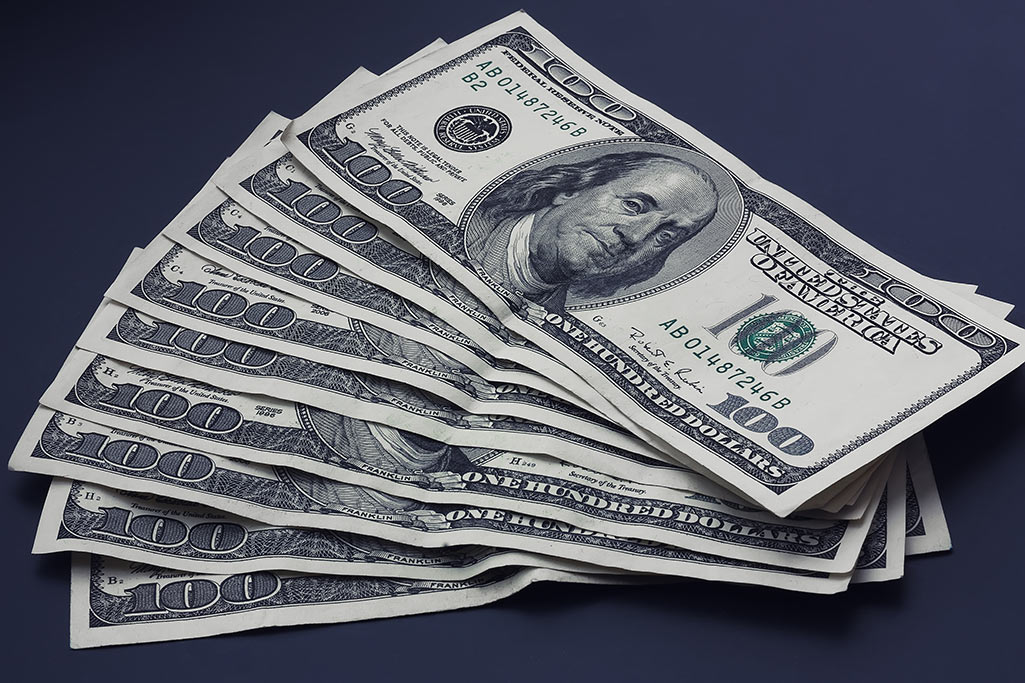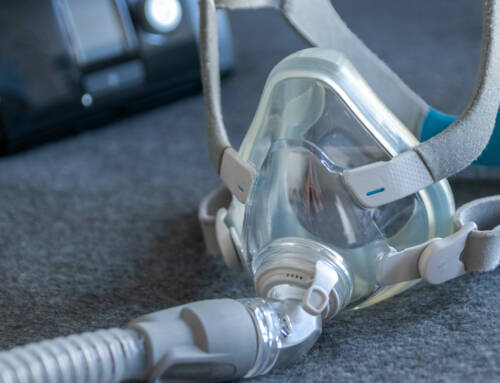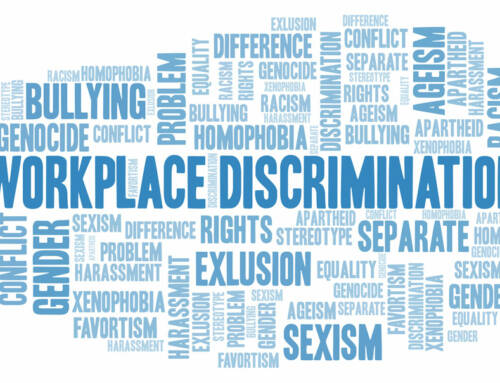A deeply-divided Congress used the budget reconciliation process to pass the 2021 COVID-19 relief bill, which included a $1,400 stimulus payment. This approach could expose your stimulus check to debt collectors.
Briefly, reconciliation means spending bills require fewer votes. Not a single Republican voted for the American Rescue Plan. Without any bipartisan support, Democrats had to use this loophole to ensure passage. But federal law makes it almost impossible to include policy matters, such as shielding stimulus funds from debt collectors, into reconciliation bills.
There’s much confusion about which creditors can and cannot seize your third stimulus check. Hopefully, this post will clear up some of this confusion.
Public Debts
This section will be pretty short. Generally, the IRS (back taxes), the Department of Education (defaulted student loans), and other federal agencies cannot seize the third coronavirus stimulus check. This prohibition also applies to state and local debts, like outstanding fines and past-due child support.
Here’s the confusing part. Public and private debts often overlap. Traffic ticket fines are a good example. Many states turn over unpaid fines to private debt collectors. As outlined below, private debt collectors can garnish the third stimulus check in some cases.
Private Debts
The 2020 CARES Act shielded the first and second stimulus payments from private debt collectors. However, because of the aforementioned procedural difference, the ARP bill contained no such protection. Over a dozen financial groups sent an open letter to Treasury Secretary Janet Yellen, asking lawmakers to pass a standalone protective bill. But no such action materialized.
Creditors with Judgements
Most private creditors cannot do much to collect unpaid debts, unless they obtain judgments. At that point, the creditor is enforcing a court order as opposed to a credit card or other agreement. That’s a different ballgame.
Therefore, if a creditor obtains a civil judgement against a debtor, that creditor might be able to intercept the third COVID-19 stimulus check.
The process is manipulative. Many creditors file a suit on a sworn account in a local Justice Court. At these low-level courts, procedural rules are somewhat relaxed. In many cases, a creditor can obtain a default judgement, and the defendant might not even know a lawsuit had been filed.
Since March 2021, many creditors have quickly filed these lawsuits in various Justice Courts (JP courts) in New York and elsewhere. If you are sued, it’s very important to contest these actions, even if you clearly owe the money. Normally, you can work out a payment plan with the bank which allows you to keep your stimulus check. No bank wants to be “the bad guy” who snatches relief funds from a hard-hit family.
If a creditor has already obtained a judgement, a New York personal injury attorney might be able to undo that judgement and force the creditor to cough up your garnished stimulus payment. As mentioned, many Justice Courts are rather informal in areas like service of process. So, there’s a good chance that the bank took an illegal procedural shortcut. If an attorney points out the error to the court, the issuing judge is often willing to rescind the order. Once again, no judge wants to be the bad guy who is a tool of a debt collector.
Bank Overdraft Fees
Direct deposit is a quick and convenient way to receive stimulus checks and other government payments. Unfortunately, it’s also a quick and convenient way for banks to garnish these payments.
If you owe the bank overdraft or other account fees, the bank could deduct these funds from your check before it credits your account. The same thing is true if there are account debts which haven’t cleared yet. Banks always resolve debits before they record credits.
Closing your bank account should address this problem. The IRS will then mail a paper check to the address it has on file. You will still owe the bank money and your stimulus check will be delayed. But an attorney can help you negotiate a settlement with the bank, or you can do it on your own. And, you’ll get the entire $1,400, at least in most cases.
Debt buyers and other creditors might be able to grab your third stimulus check. For more information about how this process works, reach out to Marie Kaiser Napoli.






